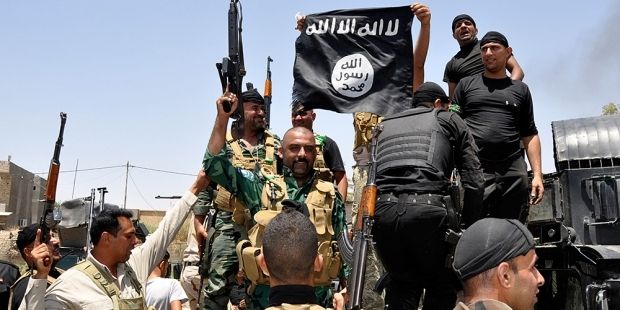
The latest known case came in February this year, when a smuggler offered a huge cache of deadly cesium — enough to contaminate several city blocks — and specifically sought a buyer from the Islamic State group, according to The Washington Post.
Moldovan police and judicial authorities shared investigative case files with the AP in an effort to spotlight how dangerous the nuclear black market has become. They say the breakdown in cooperation between Russia and the West means that it has become much harder to know whether smugglers are finding ways to move parts of Russia's vast store of radioactive materials — an unknown quantity of which has leached into the black market.
The most serious case began in the spring of 2011, with the investigation of a group led by a shadowy Russian named Alexandr Agheenco, "the colonel" to his cohorts, whom Moldovan authorities believe to be an officer with the Russian FSB, previously known as the KGB. A middle man working for the colonel was recorded arranging the sale of bomb-grade uranium, U-235, and blueprints for a dirty bomb to a man from Sudan, according to several officials. The blueprints were discovered in a raid of the middleman's home, according to police and court documents.

